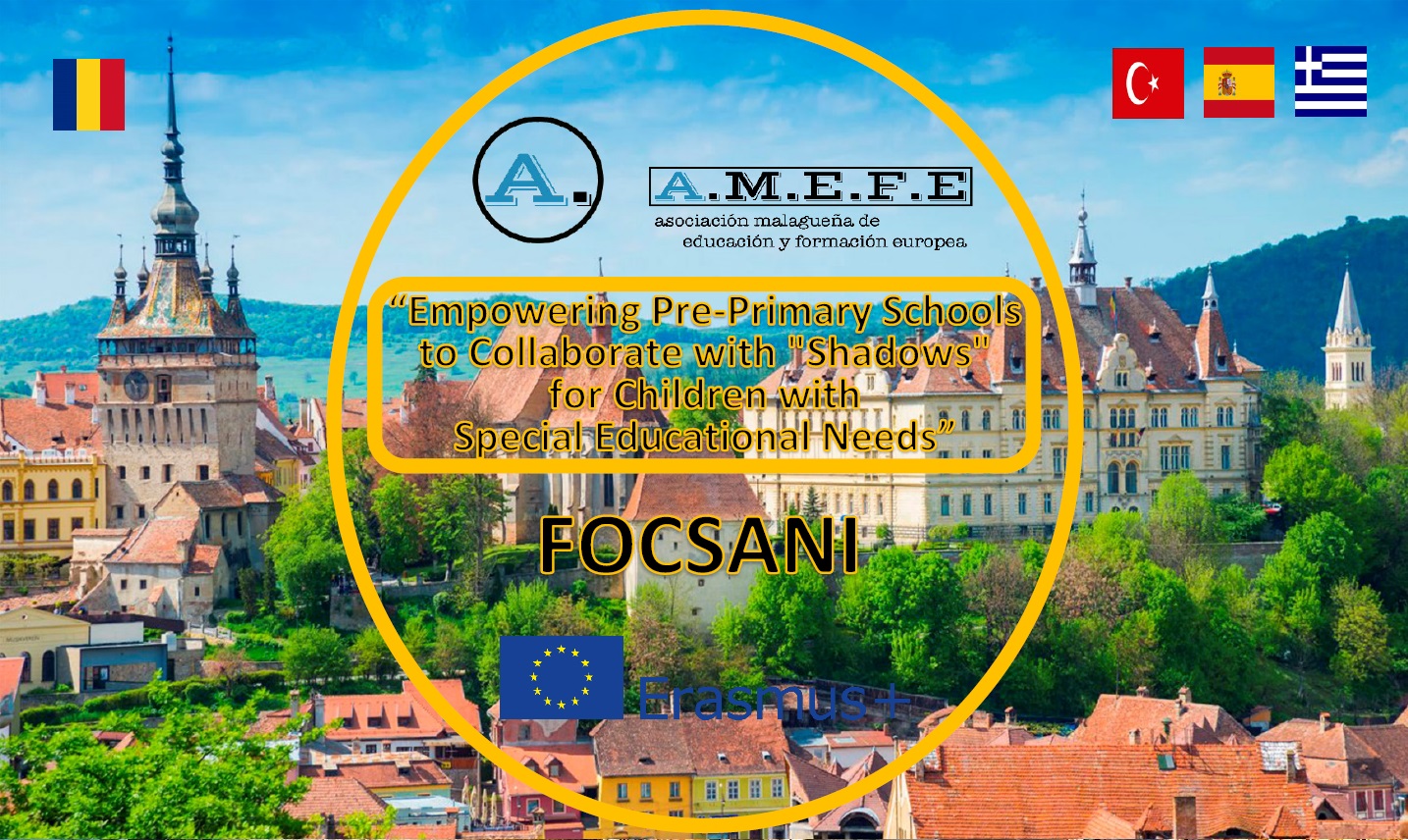– “Shadows” – Empowering Pre-Primary Schools to Collaborate with “Shadows” for Children with Special Educational Needs
The SHADOW project aims to contribute to the development of higher-quality early childhood education and care services by providing a framework for collaboration between nursery/preschool teachers (with an extension to primary school teachers) and shadows/facilitators/support teachers, i.e. all adults involved in educational activities to support children with special educational needs.
We focus particularly on situations where kindergartens cannot provide support teachers for children with special educational needs (for various reasons, e.g., insufficient staffing or funding, the number of children with special educational needs, etc.) and involve adults with limited skills and knowledge as shadows. Teachers must adapt to collaborating with adults, as well as developing adults’ basic pedagogical and teaching skills. Therefore, our project also aims to contribute to developing the competencies of educators who support adult learners—in this case, adults who learn to be better shadows for children with special educational needs. At the moment, as far as we know, there is no training available for such adults (except for university studies which provide the best experience, but take longer to graduate), so our training will provide a short-term solution to develop the basic skills for both teachers and shadows to work together, addressing school education and adult education at the same time, but with the main objective of facilitating equal access to education for children with special educational needs.
The SHADOW project focuses on preschool/kindergarten education, as we strongly believe that earlier intervention provides the best educational effects, and starting support services for children with special educational needs before school age is expected to have the greatest impact on ensuring equal access to education.
The objectives of the SHADOW project are: to expand the services provided by partners by integrating two innovative training programs, one for teachers working with shadow teachers and another for the shadow teachers themselves; to promote institutional development through the exchange of best practices and two joint staff training events for the mutual development of staff skills, especially those for training teachers and shadow teachers; and to enhance the internationalization process of all partners involved, including associates.
The partnership envisions the involvement of at least 32 people in the development of intellectual outputs and joint staff training events: teachers (preschool and primary school, but also university professors), teacher trainers,
researchers, school inspectors, and school counselors with experience working with children with special educational needs, and the educational staff who work with them (including teachers and shadows).
Three intellectual outputs will be developed through the project: research on teachers’ competencies in working with shadows; training for preschool teachers who collaborate with shadows; and training for the shadows themselves (especially
those who are not teachers and lack initial training in pedagogy and didactics).
Two joint staff training events will be organized to test the developed methodologies and also to develop our staff’s skills through the direct exchange of best practices.
Four multiplier events are planned, one in each country, to ensure that the results of our project are available and used by specialists working on the integration of children with special educational needs in mainstream schools.
Participants will develop skills related to their professional profile, especially training skills, intercultural skills, language skills, and teamwork. They will become more sensitive to the specific issues of integrating children with special educational needs into mainstream education, and will increase their job satisfaction and confidence in the quality of their work.


